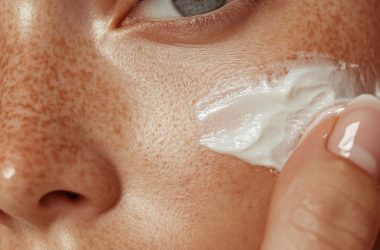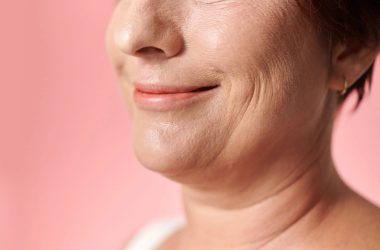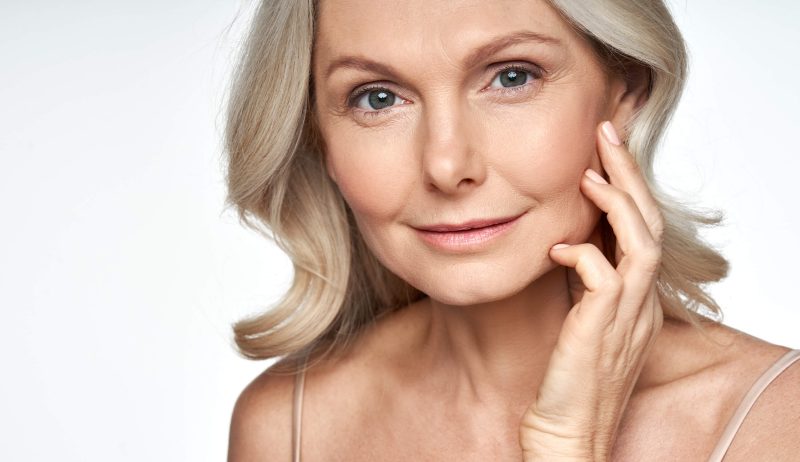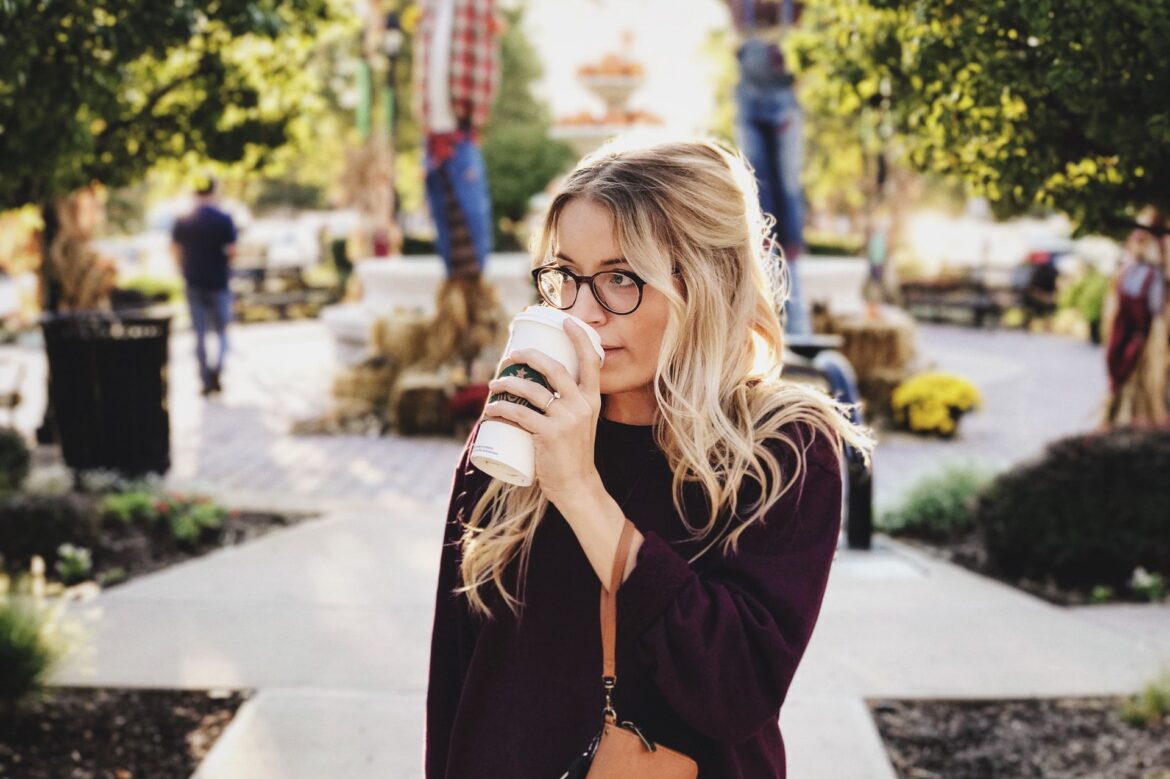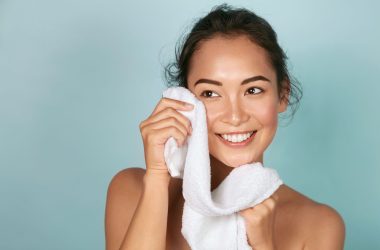Premature aging, mature skin, and the debate on “anti-aging”
Posted on October 17, 2024 Written by: 100% PURE ®

All too often, we’re told that aging is the worst thing that’ll ever happen to us.
In an appearance-driven society, it’s understandable if the thought of having “mature skin” makes you tense. But we’re here to remind you that aging is not a bad thing, and that you can look and feel beautiful at any age.
The natural transition to mature skin involves a variety of factors, many of which come down to time. Others are worsened (or completely caused) by lifestyle habits. We tend to categorize these forms of aging into two forms: natural aging and premature aging.
Natural aging involves certain cells and tissues decreasing and dying over time. For instance, collagen production slows down in everyone eventually. Meanwhile, the number of pigment-containing cells in our body (a.k.a. melanocytes) decrease, leading to skin that appears more translucent.
Additionally, the epidermal layer becomes thinner over time, blood vessels become more fragile, and sebaceous glands produce less oil as you age.
In the case of natural aging, there is no way to stop the process, but there are ways in which we can care for ourselves so that our skin can age gracefully.

When we talk about premature aging, we’re talking about aging caused by instances that disrupt the natural aging process. Of course, premature aging can mean that your skin already appears to age too early, but it can also make a huge impact on the way you look 20 years from now.
More often than not, these signs of premature aging are things we can prevent. Two of the biggest causes of premature aging are sun exposure and smoking.
We all know that smoking is bad for you. Not only can it do serious damage to your lungs, but tobacco smoke can also prematurely age the skin. Nicotine narrows the blood vessels, making it harder for oxygen and nutrients to travel through, while collagen and elastin production are severely disrupted. As a result, deep wrinkles can appear quickly.
As for sun exposure, ultraviolet (UVA & UVB) rays cause what’s known as photodamage or photoaging. UVA penetrates all layers of the skin, risking damage to the collagen and elastin fibers, epidermal cells, and capillaries. UVB rays are especially intense, and can cause photoaging and precancerous cells (actinic keratoses) to form on the epidermis.
Luckily, many signs of premature aging can be prevented!
As for sun exposure, don’t fret – you won’t have to say goodbye to sunshine! Instead, take the precautions of applying sunscreen, wearing hats and long sleeves, and sticking to the shade when possible.
With healthy habits and certain products, premature aging can be prevented. But before we discuss strategy, let’s see what aging looks like.
Hyperpigmentation
As our skin ages, we can develop what are known as “age spots” or “sun spots” on the face, hands, and forearms.
But that’s not the only form of hyperpigmentation; hyperpigmentation can also develop along the chest in splotchy patches. This is generally due to inflammation caused by sun exposure and skin conditions like eczema.
Dryness and Itching
Over time, the skin has a harder time retaining moisture. To name a few reasons: the skin becomes thinner, oil glands produce less frequently, and perspiration decreases.
Wrinkles and Loose Skin
As mentioned earlier, collagen production in the skin goes down over time while elastin fibers break down. Because collagen and elastin play such a crucial role in the bounciness and elasticity of our skin, this can lead to loosening and sagging in the skin.

In many societies, aging is often talked about as a time of life that should be dreaded – but this couldn’t be further from the truth!
Aging is something that’s worth embracing, and part of that is recognizing your skin’s needs as it changes. Here are a few ways to keep your skin looking (and feeling) its healthiest.
Collagen Support
While a loss of collagen will happen to all of us, it is possible to buffer its effects; one of the best ways is by using a retinoid. Retinoids are stabilized forms of vitamin A, which is known to support collagen production and boost cell turnover, making it a favorite anti-aging ingredient.
Retinoids come in a variety of forms: from adapalene (a 0.1% retinoid gel) to prescription-strength tretinoin. But of all its forms, retinol is easily the most popular, and is gentle on mature skin types.
We recommend a stable retinol product that won’t oxidize, and that’s why we love our Retinol Restorative Overnight Balm. This uses vegan retinol to help renew skin texture and even out the skin tone.
Hydration Hero
Since your skin naturally loses moisture over time, make sure your skin’s getting regular moisture.
In fact, many women can benefit from rich, nourishing moisturisers that’ll seriously trap in water longer, keeping your skin hydrated. Even better is that this can help pump up those loose, sagging areas along the face and neck!
Upgrade Your SPF Routine
More than anything, the best anti-aging product you can use is a good sunscreen. Sun damage may be the biggest cause of premature aging, but sunscreens can help minimize sun damage, keeping your skin looking healthier in the long run.
But not all sunscreen products are the same, and they don’t always work as effectively as they should. This is especially true for sensitive and mature skin.
To ensure that your sunscreen will actually protect your skin, make sure to use an actual sunscreen like our Green Tea SPF 30 – not just a tinted moisturizer or foundation with SPF. While these can help your sunscreen, their SPF is pretty diluted, and you’d need to cake it on in order to get enough protection.
As long as beauty and skin care have existed, so has our society’s obsession with anti-aging.
Women are constantly faced with the pressure to look young, to the point of intensive treatments like botox, fillers, and surgery. While there’s not necessarily anything wrong with these methods, it becomes a problem when women feel like they have to in order to be accepted by society as beautiful.
However, it seems that these views have begun to shift in recent years.
As trends shift more to ‘authentic’ skin, women are becoming encouraged to show off their natural skin texture, and this includes mature skin.
And with this new love for authenticity, the beauty industry is beginning to recognize aging as a natural process… no one can skip it!
With this growing “pro-aging” mentality, it’s about seeing your wrinkles as a reflection of your wisdom, experience, and success in life. It’s not about looking 25 forever; it’s about accepting that whether you’re 37 or 75, you are entitled to your natural beauty.
And yet, anti-aging products and pro-aging thinking can coexist. Taking care of your skin isn’t about stopping the aging process, it’s about doing it with grace. And more than anything, it’s about taking care of yourself!



